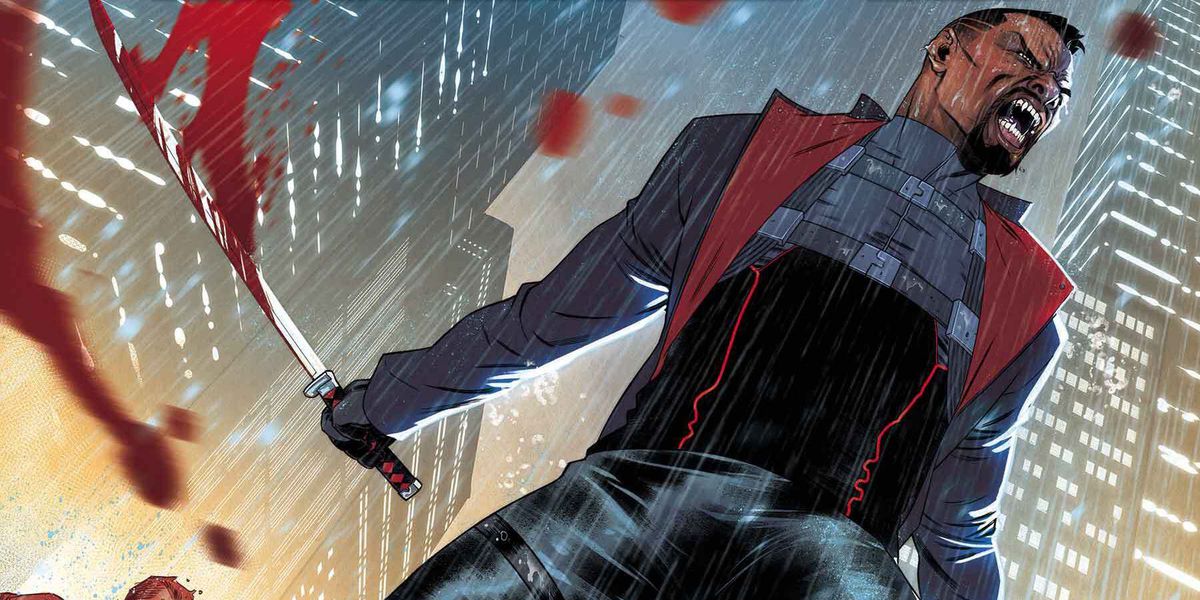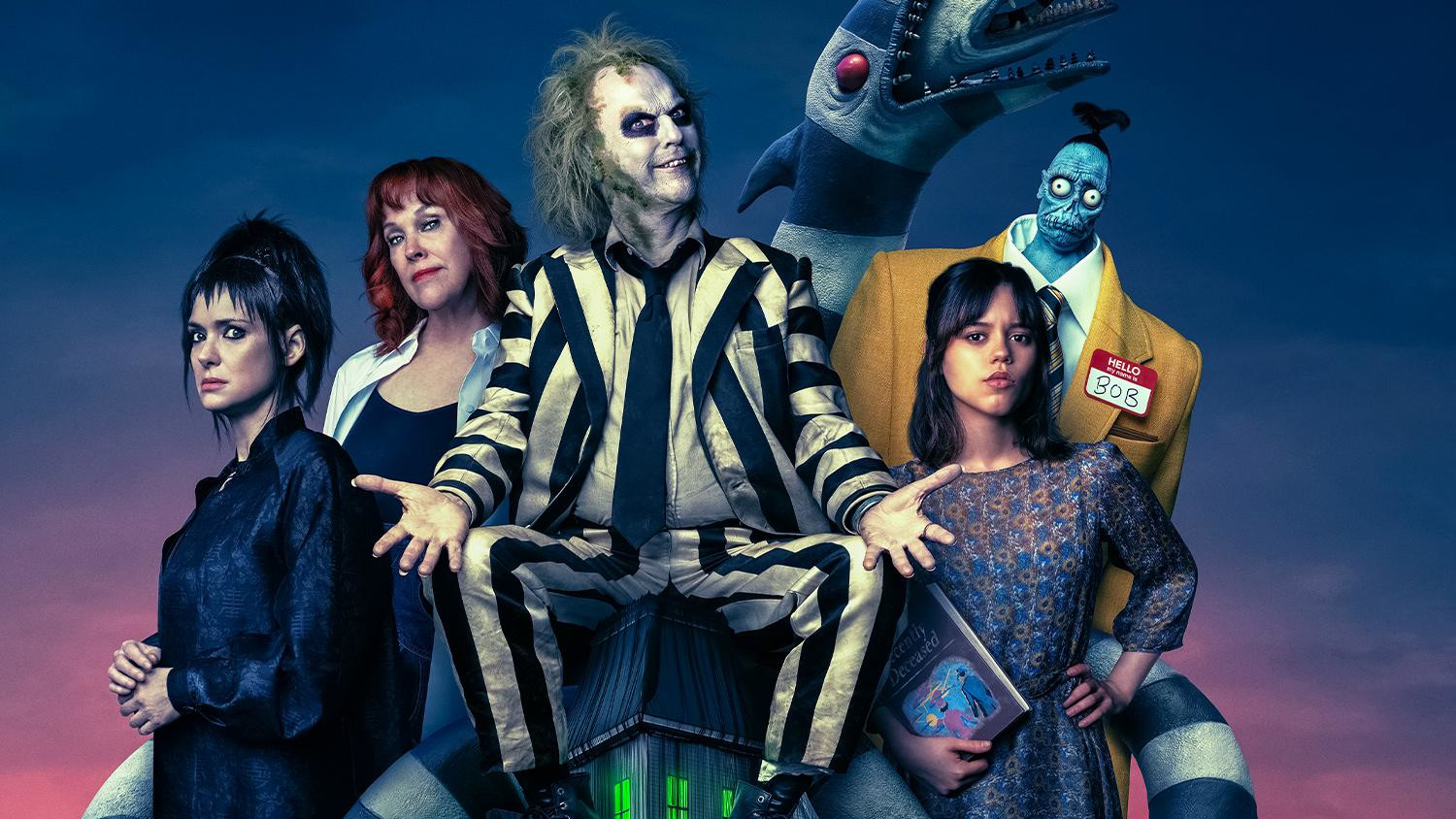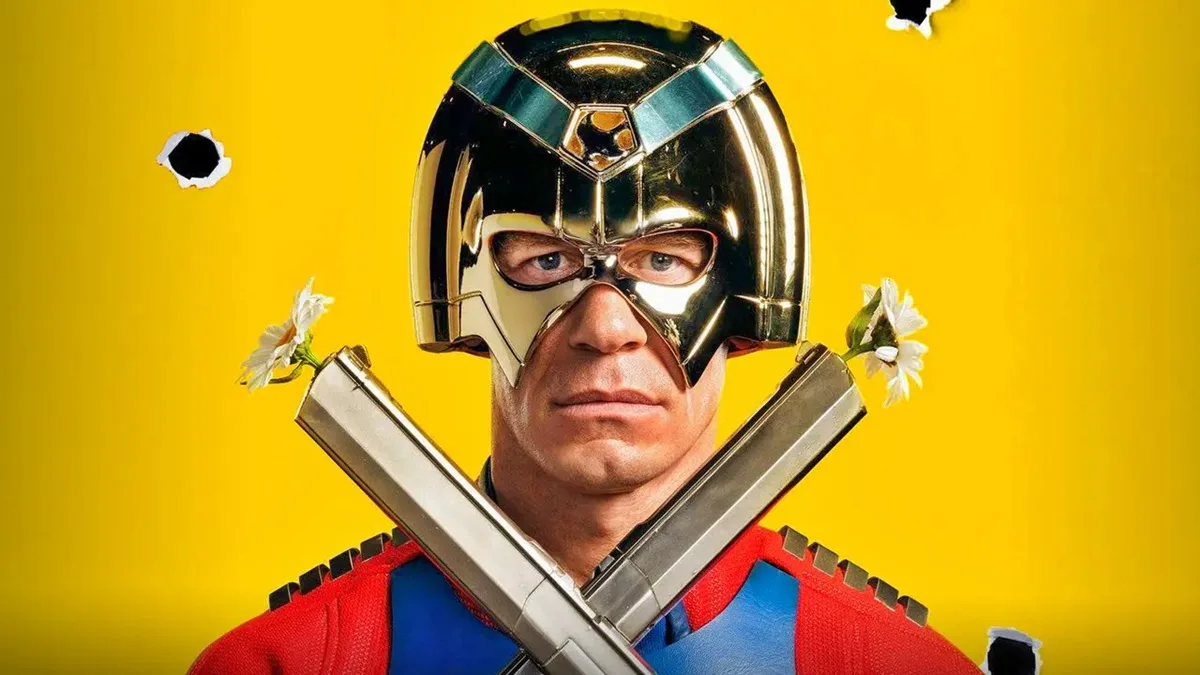The Marvel Cinematic Universe (MCU) stands as one of the most successful and influential franchises in the history of cinema. It has redefined the landscape of superhero films and has captured the hearts of audiences worldwide. However, before Iron Man, Captain America, and the Avengers assembled on the big screen, there was another hero who quietly laid the groundwork for this cinematic empire. That hero was Blade. Released in 1998 and starring Wesley Snipes as the titular character, Blade marked a turning point in the world of superhero cinema. In this article, we’ll delve into why Blade was instrumental in creating the MCU as we know it today, and how this seemingly unconventional vampire hunter paved the way for the cinematic superhero renaissance.
Proving Comic Book Adaptations Could Succeed
Before Blade, the concept of superhero films was met with skepticism. Hollywood had seen its share of comic book adaptations, but most were met with mixed reviews, and very few were considered box office hits. Blade, however, changed the game.
The film, based on a lesser-known Marvel character, showed that comic book adaptations had untapped potential. Blade’s dark and mature themes, combined with thrilling action sequences, resonated with both critics and audiences. It proved that comic book stories could be translated onto the big screen successfully and laid the groundwork for future adaptations.
Blade’s unique blend of genres, including horror, action, and supernatural elements, expanded its audience beyond traditional comic book fans. It brought in viewers who might not have been drawn to typical superhero fare.
The success of Blade demonstrated that superhero films could be versatile and appeal to a wide range of moviegoers. It set a precedent for future MCU films, which also incorporate various genres and storytelling styles to cater to different audiences.
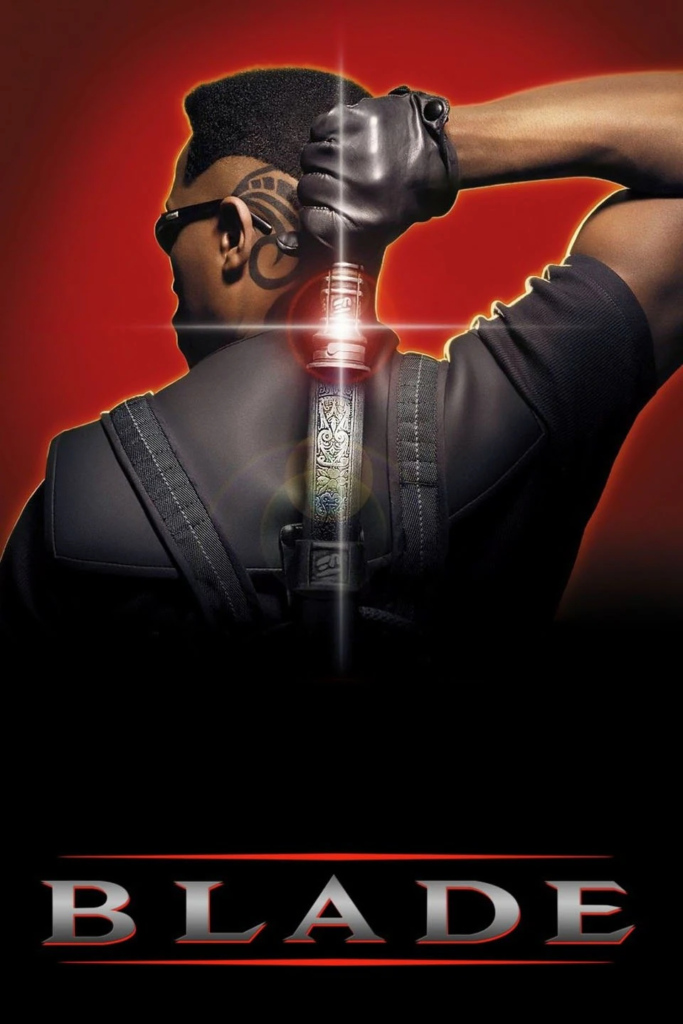
Proving the Viability of R-rated Superhero Movies
In the late ’90s, superhero films were typically associated with family-friendly content. Blade challenged that perception by becoming one of the first R-rated superhero movies. It didn’t shy away from violence, gore, and darker themes, making it a departure from the norm.
Blade’s success with an R rating was a game-changer. It showed that mature and edgier content could still perform well at the box office, provided it was executed effectively. This was crucial for later MCU films like “Logan” and “Deadpool,” which also embraced R-rated storytelling.

Highlighting Marvel’s Lesser-Known Characters
Blade wasn’t a household name like Spider-Man or the X-Men. He was a relatively obscure character in the Marvel Universe at the time. However, the film proved that lesser-known heroes and anti-heroes could have compelling stories and resonate with audiences.
This revelation encouraged Marvel to explore its vast library of characters for potential film adaptations. As the MCU expanded, it introduced audiences to characters like Iron Man, Thor, and the Guardians of the Galaxy, proving that even lesser-known heroes could become beloved icons.
Blade’s success inspired Marvel to consider its cinematic potential more seriously. It emboldened the studio to explore other characters in its universe for potential film adaptations. This eventually led to the creation of the X-Men franchise, the Spider-Man series, and, of course, the MCU.
Blade demonstrated that Marvel’s characters had the potential to become box office draws and develop passionate fan bases. This newfound confidence in its properties laid the foundation for Marvel’s ambitious cinematic plans, which culminated in the MCU’s formation.
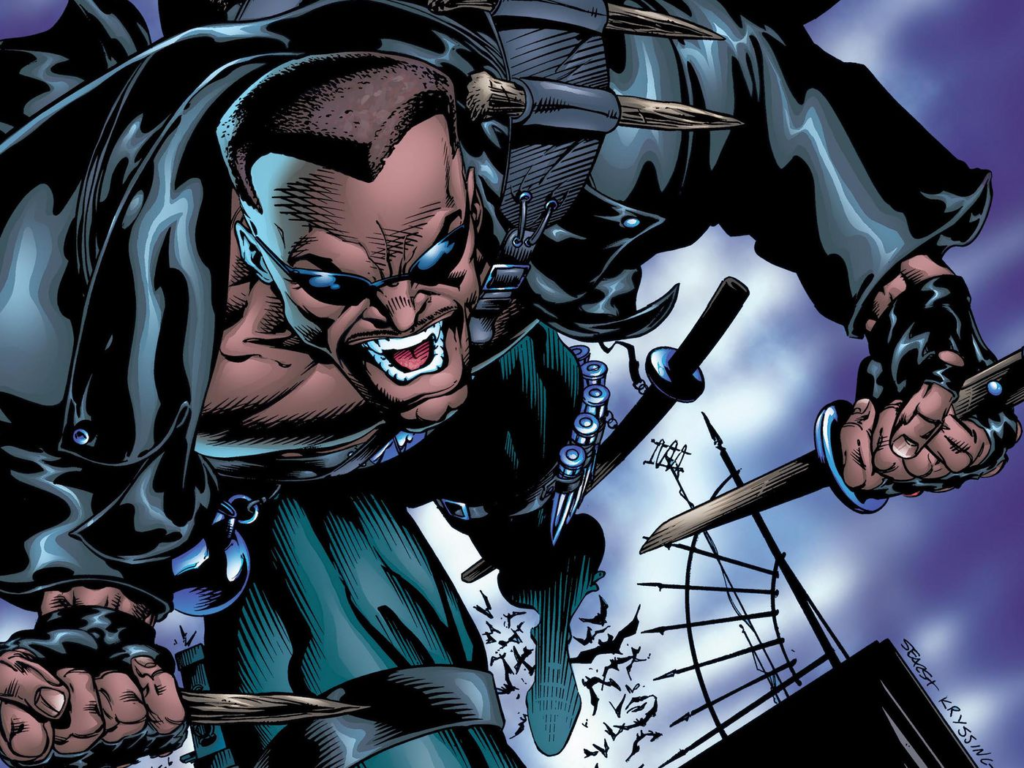
The Legacy of Blade in the MCU
While Blade himself may not have become a central character in the MCU, the impact of his 1998 film is immeasurable. Blade’s success set the stage for a new era of superhero cinema. It demonstrated that comic book adaptations could be critically acclaimed and financially successful, even with lesser-known characters.
Furthermore, Blade expanded the audience’s expectations, showcasing the potential for genre-blending in superhero storytelling. It shattered the boundaries of what superhero films could be, paving the way for MCU entries that spanned across various genres, from political thrillers to cosmic adventures.
Blade’s fearless embrace of an R rating also opened the door for darker and more mature storytelling in the superhero genre. Films like “Logan” and “Deadpool” would later take advantage of this newfound creative freedom.
Blade may not be the first character that comes to mind when we think of the MCU, but his contribution to the franchise’s creation cannot be understated. He broke ground for the comic book movie genre, broadened its appeal, and inspired Marvel to explore its rich catalog of characters and we have him to thank for the cinematic superhero renaissance that continues to captivate audiences around the world. Blade’s legacy will live on in the MCU with the newly announced Blade movie that is expected within the next few years, this will likely put a supernatural spin on the MCU which hasn’t been touched upon all too often in the Universe.

